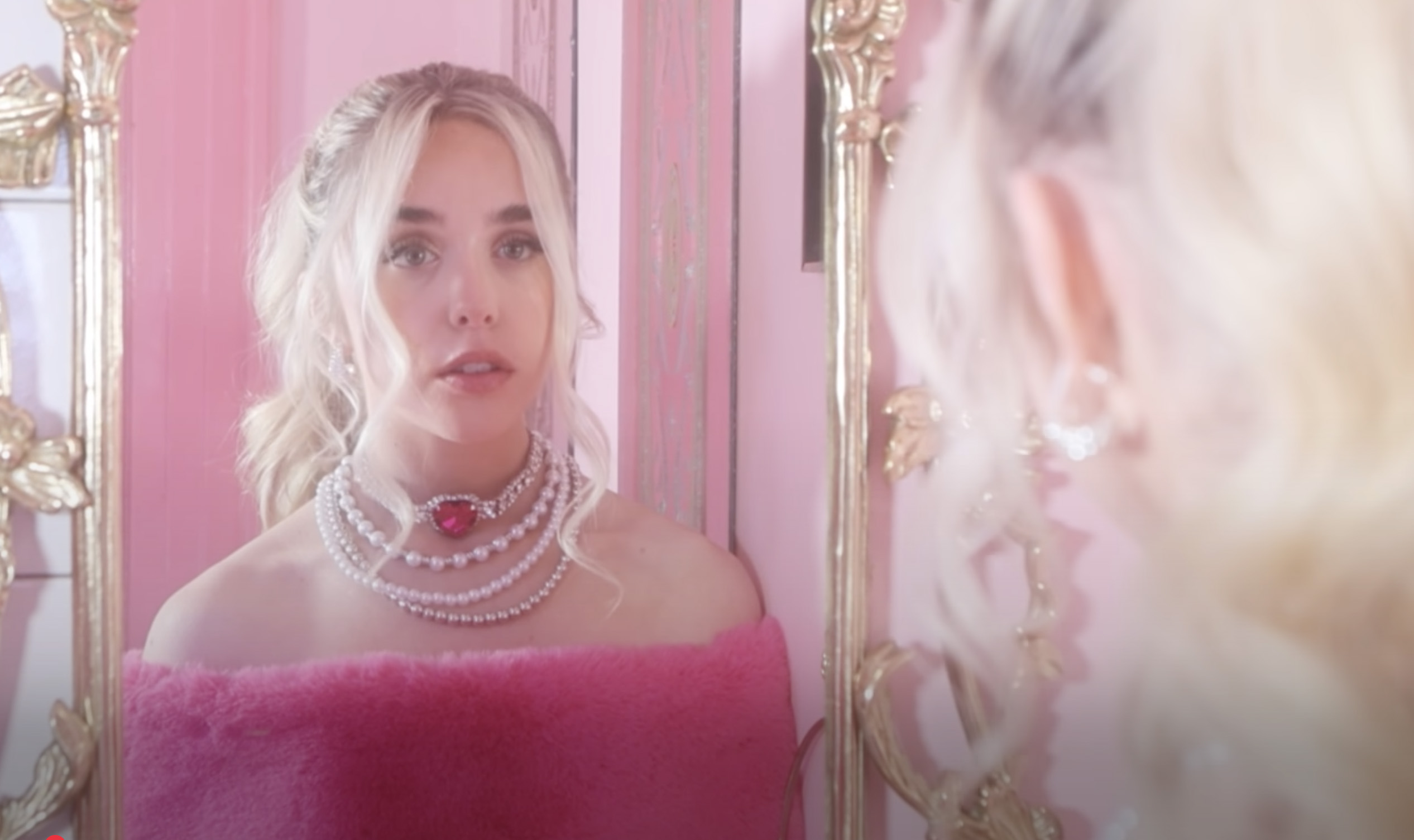It was difficult to be a woman and to be a lesbian in the late-1800s…which isn’t so much different from today.
The idea of early feminism and the struggle for a woman to be heard even within her own household is the topic of Director Craig William Macneill in this latest take on the Lizzie Borden story. A stellar cast amplifies the drama as we visit what it meant to have very little even when it looks like you’re surrounded by so much.
It’s 1892 and Lizzie Borden (Chloë Sevigny) is stifled in her Fall River, Massachusetts home with her family, including her tyrannical father (Jamey Sheridan) and her cold, uncaring step-mother (Fiona Shaw). The rules in the household are unbearably strict, leaving Lizzie with few pleasures outside of her pigeon training and brief outings on the town. Her world expands with the introduction of the new live-in maid, Bridget (Kristen Stewart), as the two form a fast and quick bond. The tension builds and breaks in the house when Lizzie and Bridget become far more than friends and her family tries to limit their relationship.
The bold attitude in this film of depicting the same sex relationship between the female leads is incredibly well done. Rather than fetishizing lesbianism, as is so often done in film, these women are portrayed to the full capacity of their complex emotions, whether they are exchanging notes in the hallway or making out in the barn. What adds an impactful element to their relationship is the additional element of the abusive father. His verbal tormenting of Lizzie and his sexual abuse of Bridget also bonds these women as they work to fight against his evil ways.
Feminist qualities are also highlighted in this film in that none of the female characters are treated as people that need to be saved. Bridget is struggling in her position in the household (the step-mother won’t even call her by her name), but she manages as best she can until the tension boils over. She tries to be her own savior, even if the attempts are a bit futile given what she is up against. Similarly, Lizzie is a force to be reckoned with throughout. The initial reaction of viewers might be that this character will be portrayed as the common “female problem” of the time because she is first shown having an issue with seizures, and given the period of the piece this was usually assumed to be equated to madness, but Lizzie does not show that. Her medical issue is the same as it would be for anyone else: just something she lives with but that does not define her.
While The Beguiled this past summer tried to show the drastic measures women will take when they are up against something endangering them (and most especially someone who is supposed to love and/or support them), it failed in all the realms with Lizzie succeeds. Both featured women of the 1800s committing violent acts of murder, and more importantly getting away with it, but Lizzie gives us a better reason than pure sexuality to commit these crimes. Lizzie explores the depth of the female body and brain as well as how it has struggled. While the blood and gore might be a bit much to take in after a meal, definitely plan on adding it to your list when it opens nationwide.
Find out more about Lizziehere.
Rachel A.G. Gilman is a writer, a radio producer, and probably the girl wearing the Kinks shirt. Visit her website for more.
POP⚡ DUST | Read More About Film…
REVIEW | “The Kindergarten Teacher” at Sundance 2018
REVIEW | “Private Life” at Sundance 2018
REVIEW | “Hearts Beat Loud” at Sundance 2018














